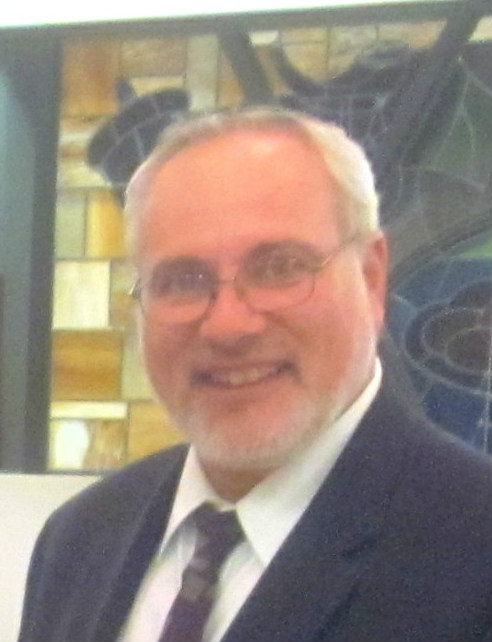Y’tziyat Mitzraim, the Exodus from Egypt, stands as one of the defining stories of the Jewish people. It defines our identity, provides a moral mission and stands as the paradigm for the ultimate redemption. Scripture reminds us no less than thirty-two times of our status as slaves and strangers in Egypt. We know the affliction of slaves and the feelings of the stranger and the plights of the poor and powerless. Therefore divine morality demands we act with sensitivity to, and safeguard justice for, slaves, strangers, the widow, the poor and the orphan; the most vulnerable amongst us. Our holy Torah legislates one law for stranger and native-born citizen, one law for wealthy and poor, one law for the powerful as well as the less well connected.
Parashat Vayeshev marks the beginning of what Biblical scholars call the Joseph-cycle; that series of cause-and-effect events that lead our people down to Egypt where we will suffer slavery and eventually merit redemption. Our story opens with Jacob dispatching his son Joseph to report on the progress of his brothers as they graze the family sheep in Shechem. But when Joseph arrives, he cannot find them. Just then, a “man” wandering in the field happens upon Joseph and asks him what he seeks. When Joseph tells the man, the latter replies he overheard Joseph’s brothers speaking of going to Dothan. Joseph advances to Dothan, where his brothers throw him into a pit and then sell him to a caravan heading down to Egypt. During the years of famine that follow, Jacob and his entire family, the Children of Israel, will descend to Egypt where the Egyptians will eventually enslave them and the Eternal will redeem them.
The entire enterprise hinges on a “man” wandering in the field who seemingly just happens to bump into Joseph. This meeting constitutes the crucial link in the chain of events that sends Joseph into Egypt. Without it the Children of Israel do not follow Joseph to Egypt, and the narrative of Y’tziat Mitzraim, so instrumental to our religious identities and our moral responsibilities, never occurs. One can make the case the entire moral history of the world hangs on the efforts of someone whom scripture does not assign a name, some man easily discounted.
Rashi, quoting Midrash Tanchuma, comments the “man” is actually an angel. This of course teaches us never to discount anyone. As we learn in Pirkei Avot 4:3, the words of Ben Azzai: “Never despise anyone or deem anything useless for you have no human being without his time and nothing without its place.”
Rabbi Akiba teaches, “All is foreseen, yet free will is given” (Pirkei Avot 3:15). That is, the Eternal has a plan for the redemption of the world and every human being, created in God’s image, can make the choice to play a sacred role. A seemingly chance encounter may not only mean contact with a Malach, one who has chosen to play a sacred redemptive role, but can provide the opportunity to make the choice to become divine messengers of justice and love in our own lives.
In the time that I have been a chaver of T’ruah, I have been inspired to learn about the work of the Coalition of Immokalee Workers, the Florida tomato farmworkers who have revolutionized working conditions and protections in their industry. The giant corporations who buy Florida tomatoes would prefer to see the farmworkers as insignificant, powerless, nameless, but the Coalition has taught them otherwise. Through the Campaign for Fair Food, they have gotten fourteen corporations to sit down at the negotiating table with them, honoring them as human beings across a massive divide of wealth and what we conventionally think of as power. The resulting Fair Food Program has demonstrated that big names—McDonald’s, Walmart, Burger King—are not more important or more powerful than the ones whose names never make the headlines, whether they be farmworkers, consumer allies, or a man wandering in the field.
Parashat Vayeshev teaches never to discount anyone, for every human being is the image of God. Every human soul is precious. Each of us possesses the potential for moral and spiritual greatness, to act as the Eternal’s eyes, ears and hands in the great narrative of redemption. A “man” wandering in a field provides the link to Joseph that will ultimately spell redemption. The person plucking tomatoes in the field or sitting next to you on the train may be an angel, a messenger of the Most High sent to help make this world a better and more holy place. By supporting T’ruah, the rabbinic call for human rights, you can be an angel too!
Rabbi Ben Levy is the spiritual leader of Congregation Etz Chaim in Monroe Twp., NJ and a DHL candidate in Midrash and Biblical Exegesis at the Jewish Theological Seminary. He is a strong advocate of the transformational power of Torah study and the performance of deeds of loving kindness. He lives in Monroe Twp. with his wife, Evelyn and two sons, Eli and Rueven.


